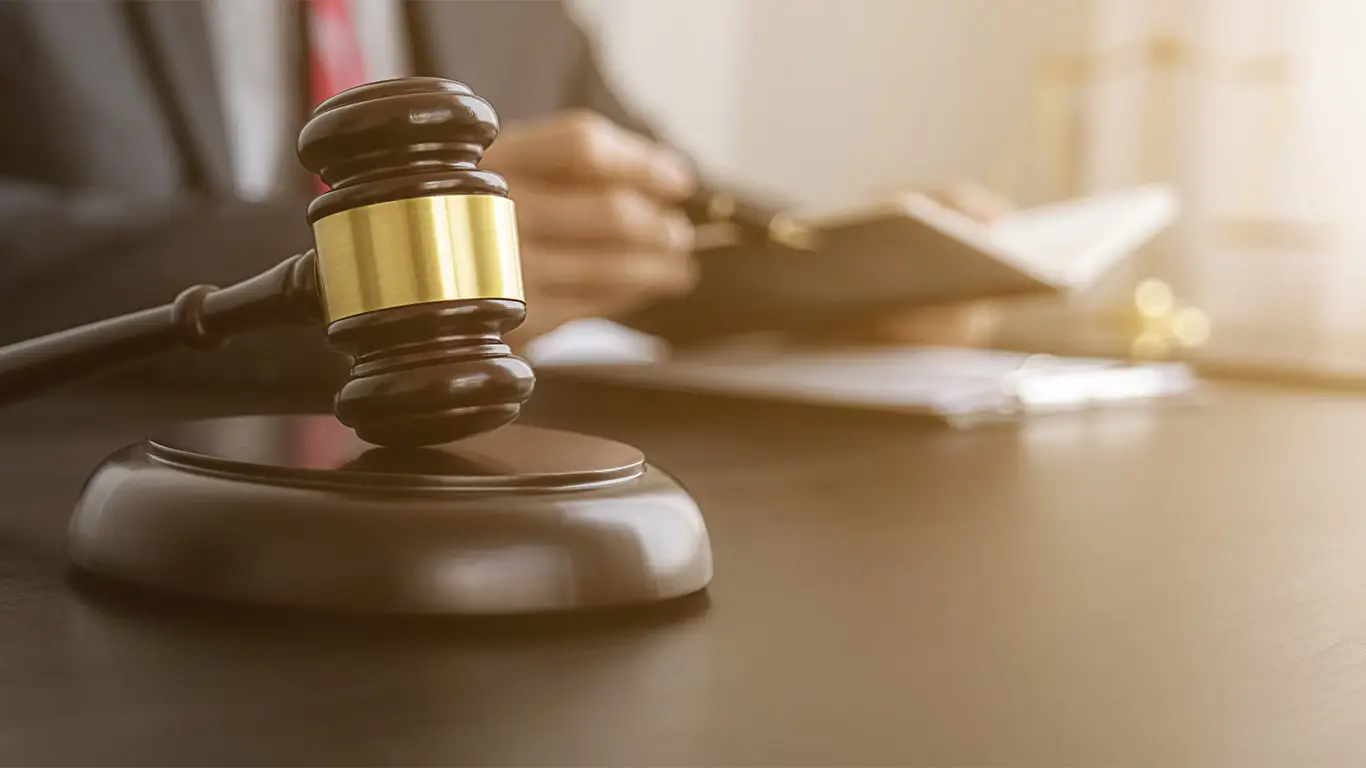Many people aren’t aware that highway and law enforcement agencies actually pre-publish the planned traffic stop areas for DUI checkpoints. Yes, if you were caught in Pasadena CA after the game on New Years’ Day or after a hockey game in Anaheim, or in the gap between Laguna and UC Irvine after a concert – check the all seeing internet because checkpoints will have been part of the public record. Well, the logic of that divulge is simple: setup a road check in a location where most cars from an event or a location will have to funnel, setup backup units to stop everyone who turns around in an attempt to avoid it, and ask a every passing driver to see their license. Most drive right into the stop once they are in the lane(s) for it because turning around sends a message of guilt. Nowadays being busted at a publicly known sobriety checkpoint is a social discredit even among the non-sober. For the passing motorist who goes through without being asked to “pull over please” after a cursory check, you may get the privilege of witnessing or participating in an old practice called the field sobriety test.
There were once several different tests administered to judge a person’s level of impairment, a base strategy on how to beat all of them and mythical stories of failings and tales of beating them in court. Yes, back in the day it was not uncommon to practice or test one’s self or friends in the privacy of a home driveway or rear hallway of a bar before proceeding.
- Walk a straight line for approximately 12 feet or the length of your average parking-lot spacing line.
- Watch the flashlight or the officer’s hand.
- Lean back and touch your nose with your right hand and then your left and then as requested.
- Stand on one leg then stand on the other leg.
- Recite the alphabet from a given starting point or completely (almost everyone sings the alphabet song as a reminder and placeholder to where they must start).
- Count backward from a number or forward in increments of 5 or 7.
- Finger count touching each digit to the thumb of the right or left hand.
- Answer a seemingly random question as you are walked back to your vehicle like “what did you think of the movie you claimed to have seen” or “do you want your driver’s license back?” Beware of the “oops” drop of keys or license. Let the person who dropped it pick it up.
It’s not too far fetched to believe that some of these types of tests or quizzes still take place. It’s not too hard to get a Mr. Nice Guy Bail Bonds agent to post a bail bond to get you out of this predicament in the event you fail a portion of the tests and find yourself in a local area jail. (844)-400-BAIL is the only number you need for fast confidential service and the fairest priced help in the land.
Arrested at a DUI Check Point
In the early 1980’s the United States created three uniform sobriety tests as defined by standardized by the National Highway Traffic Safety Administration (NHTSA). The resulting observed data from each test correlated to a proven blood alcohol content level. For example: 6 giveaway cues observed during the tests were definitely evidence of a greater than 0.08 Blood Alcohol level (BAC). The judgment is based on the officer interpretation of CUES detected in the suspect’s reaction and there were courses given to strengthen the uniform interpretation of the cues.
HGN/VGN – The Horizontal Gaze Nystagmus Test / Vertical Gaze Nystagmus Test
Suspect is requested to look left and right under flashlight or daylight observation and the officer is watching for the eyes pursuit in acting to the commands. Eyeball jerking or non-smooth movement is a cue before coming to rest at the left or right. It is the officers’ option to substantiate and check for Vertical Gaze (up down) on commands or guidance and cues during this process also are indicators of high BAC or certain drug use.
Old School Suggestion if you are “in question”: pinch the corner of one eye to redden the tissue so it looks like the formation of a sty or pinkeye.
Walk and Turn WAT
Walk a straight line for a series of at least 7 steps with both feet, turn around, and walk back (preferably the same straight line). This is checking coordination and balance. Impairment means possible missteps, loss of balance, or even wiggles.
Old School Suggestion if you are “in question”: from the moment you exit the vehicle, walk bowlegged as if you were born on a horse. Do not walk the straight line with one foot directly in front of the other because unless you spent years in ballet school your balance will be suspect.
One Leg Stand OLS
Stand on one leg when told with both hands at your side. Reposition and stand on the other leg. This is again checking balance, as waving hands and arms are a cue to your sense of imbalance. While setting your foot down is a cue of impairment, it’s also a cue of physical impairment.
Old School Suggestion if you are “in question”: Keep your fingers extended but pressed together tightly (like flippers) and your upper arms glued to your sides. If you did the bowlegged ploy in the WAT then make sure you raise your foot directly up with the knee turned outward.
That sums the accomplishment and definitive field sobriety tests (with officer training for interpreting cues) for the last thirty-five years. As those are tests with results assigned to BAC ratings, those are still the only three that are regularly used in cases of impairment arrest without a physical test (read further about New School).
Keep Mr. Nice Guy’s numbers as ICE (In Case of Emergency) on your phone:
(844) 400–BAIL - toll free, live answers from licensed agents 24/7
(949) 445-3420 - standard rates may apply but the professional service is the same
What To Do At DUI Check Points
Technology now assists in the form of the “breathalyzer” that assesses BAC by breath analysis. The portable devices are still under scrutiny but more sophisticated tools of this nature have been in existence for almost sixty years. The NHTSA has approved only a few of these as field collection devices for law enforcement and they all must be calibrated regularly.
New School offers few suggestions if you are “in question”: it has been proven that the chewing on mints, gum, garlic, pennies, and items like batteries are NOT going to affect the outcome of the test. There is no lawyer worth the legal fees that would advise agreeing to “THE TEST.” If you do take “the test,” record the actual device number and model for the test – use your phone (if you are allowed) to identify the unit, use your memory if you can. There is the remote chance that you might be blowing into a balloon inflation system with an aftermarket LCD mounted on it, there is a chance that the device might be off its calibration schedule.
While declining any outside-of-car tests is not an admission of guilt, it is often treated as such. Tests in the station (administered after your arrest) use more stable devices but the results still remain arguable as to what factors contributed to a DUI at 10:00pm when the sample was finally procured at midnight.
There are parameters for determining degradation of alcohol in one’s system from consumption, evaluation, and post-evaluation (from jail). You may have had wine with dinner at 8:00 (having skipped lunch to save money for your night out) and now your definitive in-station BAC test taken at midnight will reveal the likelihood of your intoxication level or influence level at 10:00pm. While all points are arguable as to how an individual metabolizes alcohol, there is a very thin margin on these final tests at the station. Mathematical evidence puts the 0.08 BAC under more scrutiny than a solid 0.10 and it can more easily be pled down to a “point” moving violation as opposed to a life-changing charge.
Now the highway checkpoint activity (discussed at the onset of this article) becomes critical as officers are trained to smell the presence of alcohol or ask when and what was consumed, how long before “NOW” and then move likely subjects on to the field sobriety tests. If you did not garlic or mint yourself so that your breath is noticeably masked and you have had alcohol there is nothing wrong with telling them “I had a glass of wine with dinner” and you don’t need to mention the cognac or other spirits consumed thereafter. If you are taken away, the processing time for a checkpoint arrest is LONGER than a single stop. The law enforcement officers have a shuttle for the apprehended person(s) and then a wait at the station for processing; if you are really guilty of having a glass of wine with dinner than there’s a high probability that you will not be guilty of DUI against a 0.08 BAC anyway.
Who are you going to call to help you in your initial exit from all of this turmoil and help you get a grip on the steps to follow? Hint: Mr. Nice Guy at (844) 400–BAIL (toll free), for live answers from licensed agents 24 hours a day – 7 days a week.
Saliva Tests/Next Generation BAC/BCC
The new saliva tests on the market are more widely used by employers and insurance companies to detect the presence of tobacco, cannabis, and other prescription or non-prescription compounds. One has not yet been adapted for field use and none can compare to the accuracy of urine/blood/hair samples collected at the station when in fact you are arrested.
If you look at the time it took between the discovery of and consolidation of tests for the NHTSA to create a protocol for testing alcohol alone and then approve a device for testing, you are talking another 10-12 years before a comprehensive law enforcement test device or process will be approved for on-the-spot data collection of variable sources of impairment. To steal the words from a different campaign against a different legal problem, “Stand Your Ground” and know that there’s a world of litigation possible between charges and conviction.
What to do if arrested on DUI
The field sobriety tests were and are often the subject of games and-or practice for the persons most likely to be stopped … however, any daily driving experience reminds everyone that lane drifting or poor driving can be exhibited by those with zero influence. A DUI checkpoint is just that, they are in place to catch impaired drivers and perhaps a couple of registration violations, they are not in a position to identify lousy drivers who threaten the road all of the time. Remember though that identifying all that is bad around you does not make your behavior good if you are the subject being pulled over, hold on to your sensibility and don’t argue.
Is the Checkpoint process discriminating? Hell yes it is.
If you have the bass on your enhanced speaker system in the vehicle turned up so high that the cars around you think that the vibration is a foreshock to an earthquake and you and your great driving tactics will always be a target. Frame your rear license plate with 4-20 messages, “Rocky Mountain High” or 5-pointed leaves or have a personal plate that reads “TOK3R” and you are a suspect even when driving at 9am on a Sunday to church.
THINK! And practice counting backward in 5’s from 65 to 0.








